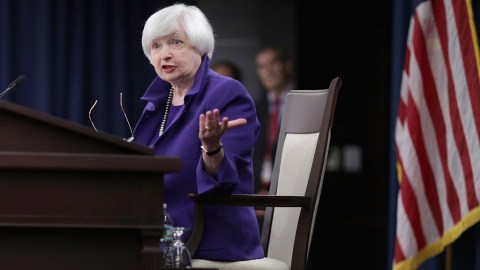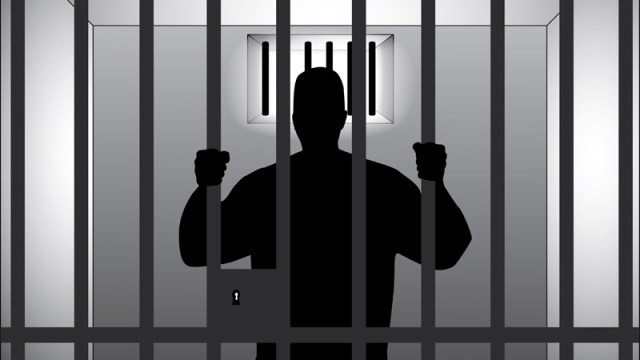Rising Interest Rates: A Signal of Economic Recovery?

The Federal Reserve has finally decided to raise interest rates for the first time in nearly a decade, leaving many in the U.S. and across the world holding their breath to see how the economy responds. The change signals confidence from one of the most powerful economic regulators in the world that the market can now stand steady after years of crawling back toward normal.
The move is slight, only changing rates by 0.25 percentage point to a range of 0.25-0.5 percent. And there’s no need to worry that the rates will go skyrocketing after this small change. The Fed has told the public that it will be raising rates slowly, giving the economy plenty of time to adjust to the differences.
Many are celebrating the decision, especially those who have been looking for a sign that the economy is finally stable again.
Many are celebrating the decision, especially those who have been looking for a sign that the economy is finally stable again. People who have been putting money away into savings accounts and certificates of deposit will likely see an increase in their returns in the wake of the rate hike. Additionally, U.S. travelers might see a better exchange rate as a result of the change.
But even for those looking to buy a house or a car, there is still time to shop around, since the rates won’t be skyrocketing upward for quite a while yet. There might still be some bumps in the stock market to work out, but experts say that overall, mortgages should stay at reasonable prices for a while.
However, the economy as a whole is a pretty high-level place from which to be talking about the aftermath of the Great Recession. Some wonder, for instance, about the long-term impacts of underemployment for Millennials that was exacerbated by the Recession. Only time will tell if the world can return financially to what it looked like before the late 2000s.
Image Credit: Chip Somodevilla / Staff via Getty Images
**
Stefani is a writer and urban planner based in Oakland, CA. She holds a master’s in City and Regional Planning from UC Berkeley and a bachelor’s in Human Biology from Stanford University. In her free time, she is often found reading diverse literature, writing stories, or enjoying the outdoors. Follow her on Twitter: @stefanicox





